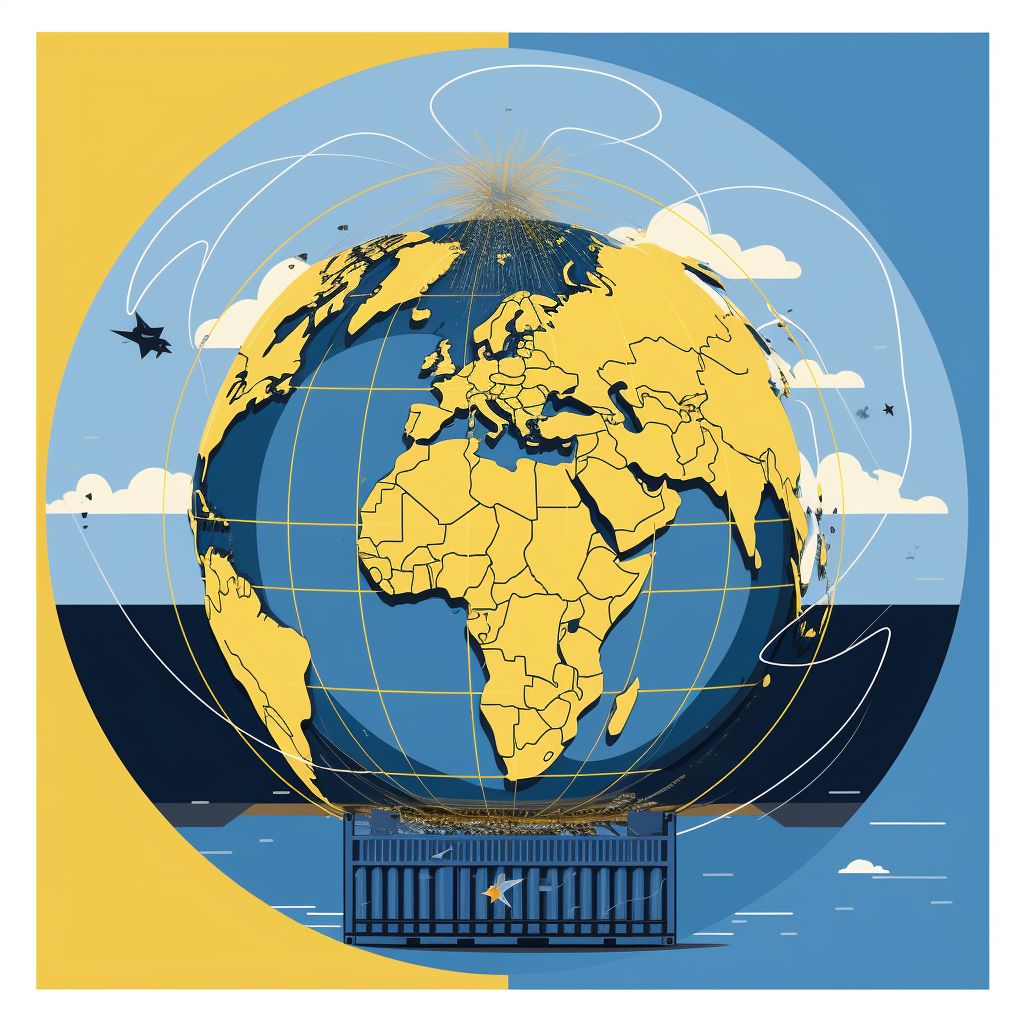Businesses hoping to expand their international market reach have only one more week to apply for the Western Cape Government’s Export Competitiveness Enhancement Programme (ECEP). The deadline for applications is June 30, 2023. The R5 million fund aims to support export-ready businesses and those working towards export readiness to meet global market demands.
Province’s Focus on Export Growth
Mireille Wenger, the Western Cape Minister of Finance and Economic Opportunities, states that boosting the province’s exports is a key priority of their “Growth for Jobs” strategy. An increase in exports by 10% can generate an additional R6 billion for the province’s Gross Domestic Product, creating job opportunities.
Investment in Business Capacity and Competitiveness
The ECEP programme aims to unlock export opportunities through structured processes like business turnaround or improvement. It also focuses on enhancing entrepreneurs’ skills and the business’s competitive position regarding scale and efficiency. Furthermore, it seeks to help businesses expand into current markets and explore new market opportunities.
Support Mechanisms Offered by ECEP
The programme targets specific businesses, offering support mechanisms to improve their capability, competitiveness, productivity, and export growth. The fund supports various activities such as product reformulation and refinement, international packaging, labelling, and printing requirements, international product certification and standards for international market access, product registration with relevant international bodies in export markets, international nutritional analysis, and specialized shipping requirements.
Call to Action
Minister Wenger encourages businesses to take advantage of this opportunity. Drawing from her experience in the United States, she believes that Western Cape products have enormous potential for global interest. She is committed to helping local businesses get their products on shelves worldwide.
Interested businesses can visit the Western Cape Government’s webpage on the ECEP programme for additional information and application details.
Positive Impact on the Western Cape’s Economy
By supporting businesses in expanding their international reach, the Export Enhancement Fund promises a substantial positive impact on the Western Cape’s economy. The outcome of the ECEP application process will determine which businesses will receive support. The success of this programme will undoubtedly contribute to the growth and prosperity of the Western Cape.








